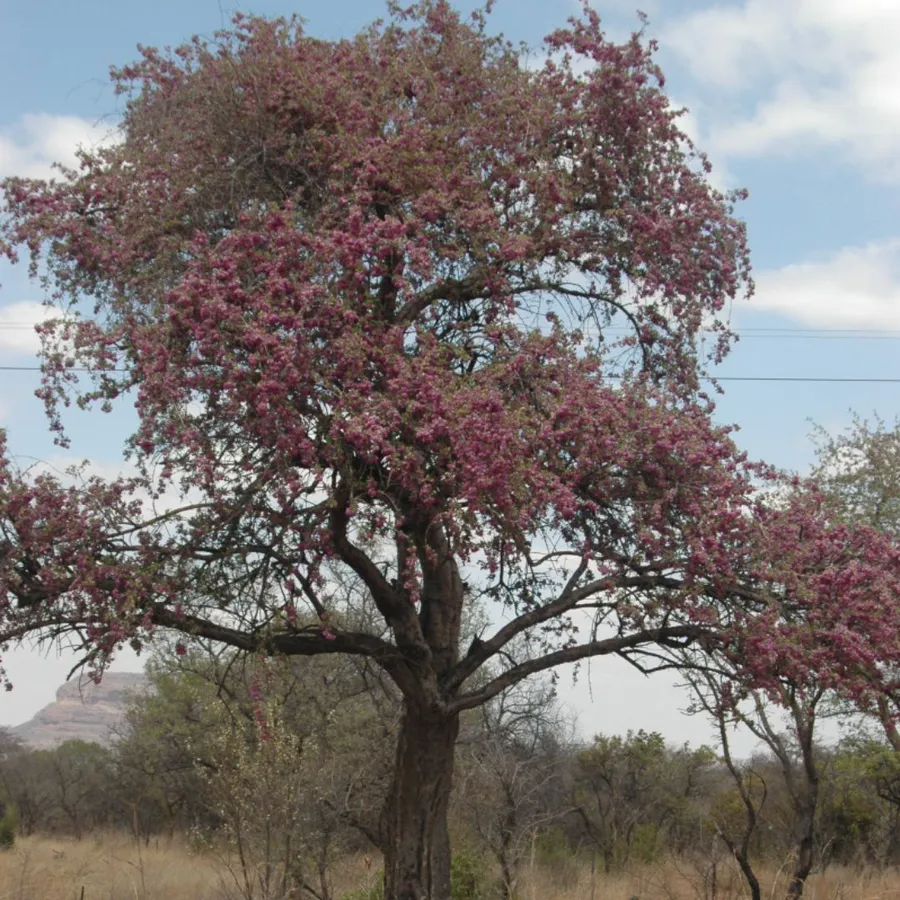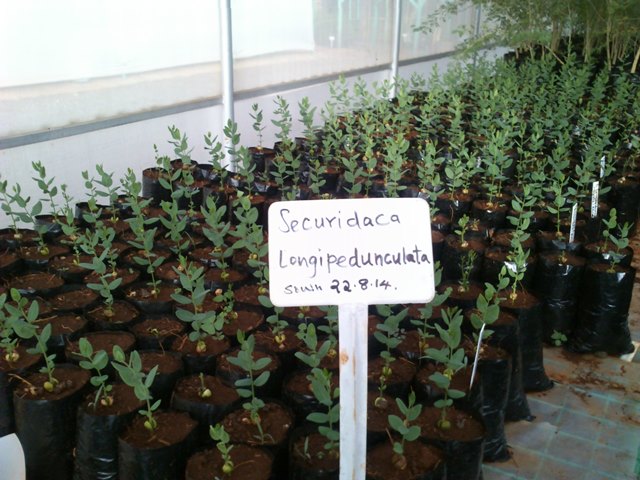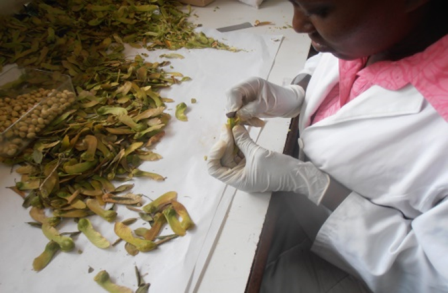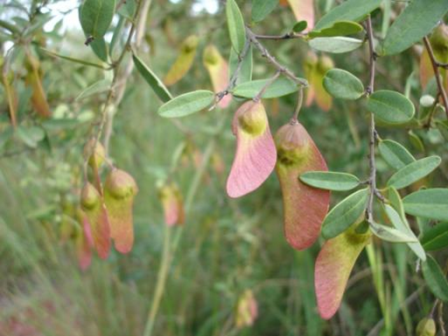What is OPTIONs about?
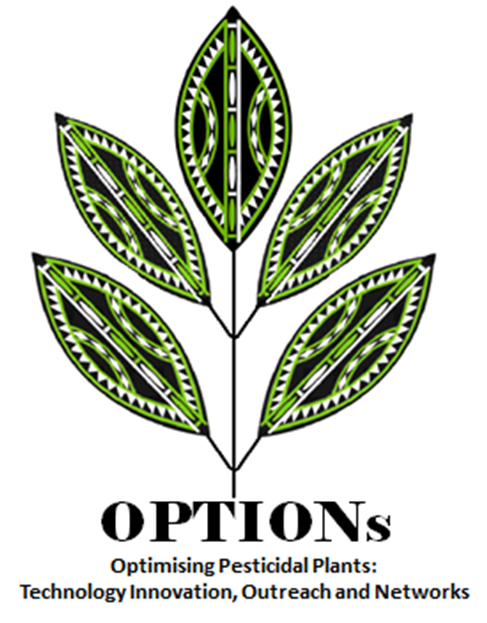
Optimisation of Pesticidal-plants: Technology Innovation, Outreach & Networks, or OPTIONs for short, is a project about helping African farmers with the many pest control problems they face during crop production, post-harvest storage and protecting their livestock from ticks and fleas. Building on the long tradition of using plants with pesticidal properties, OPTIONs aims to optimise the way pesticidal plants are used and to ensure that scientific innovations developed are appropriate, sustainable and effective.
Improving technology innovation means investigating issues related to both the supply and demand for pesticidal plants and OPTIONs has several activities related to overcoming bottlenecks in terms of know-how as well as directly addressing practical constraints. For example, many pesticidal plant species have suffered from habitat degradation due to overgrazing, uncontrolled bush fires, over-collection and timber collection. The OPTIONs project is therefore networking with farmers and nusery growers to find out ways to increase the supply of pesticidal tree and shrub species. So we are evaluating different mechanisms that encourage tree planting by farmers but also looking at how we can more effectively propagate some species that are rare in the environment, making them more available through nursery growers.
One tree with much potential as a pesticide is the African violet tree, Securidaca longepedunculata. This species has many uses as a pesticide and traditional medicine and has become increasingly rare in the wild. Early attempts to grow this species from seed by the project team resulted in poor germination and many difficulties in propagating the species, resorting to highly technical micro-propagation. However, the OPTIONs project team has continued their research to discover what requirements must be met to facilitate seed germination. And now Securidaca seed material can be successfully grown following simple seed collection and processing protocols.
We will be scaling out the process to increase the supply of Securidaca seedlings by networking with nursery growers who can then go on to provide young Securidaca plants to farmers.
